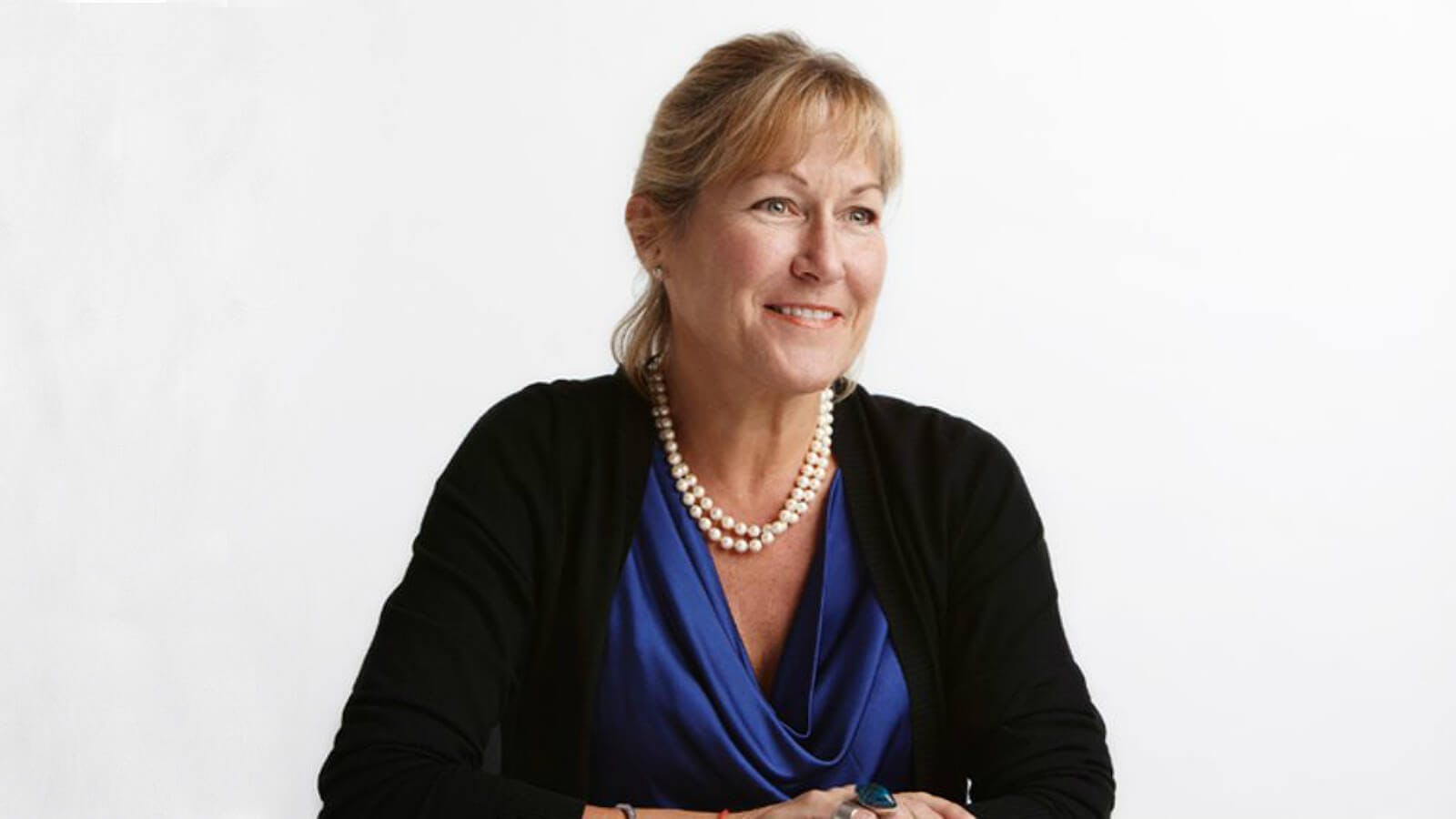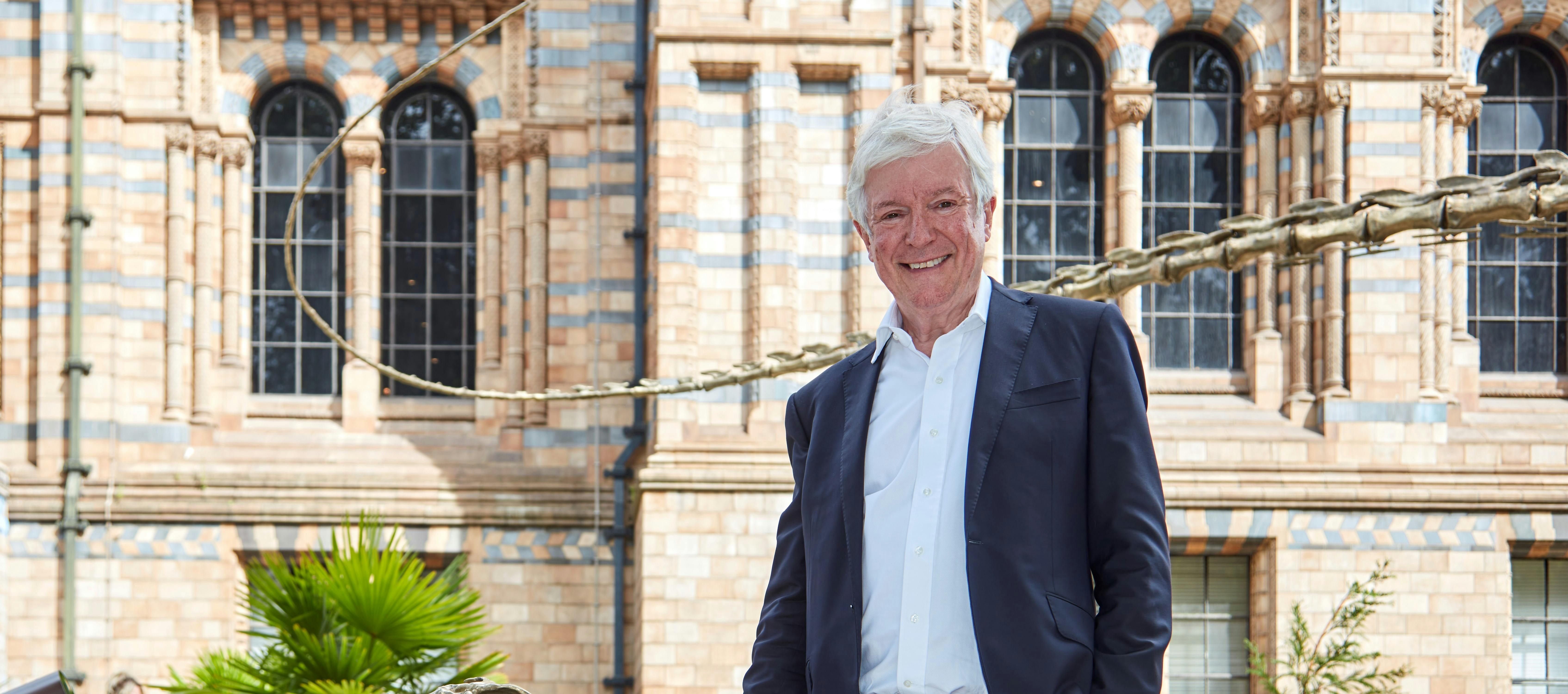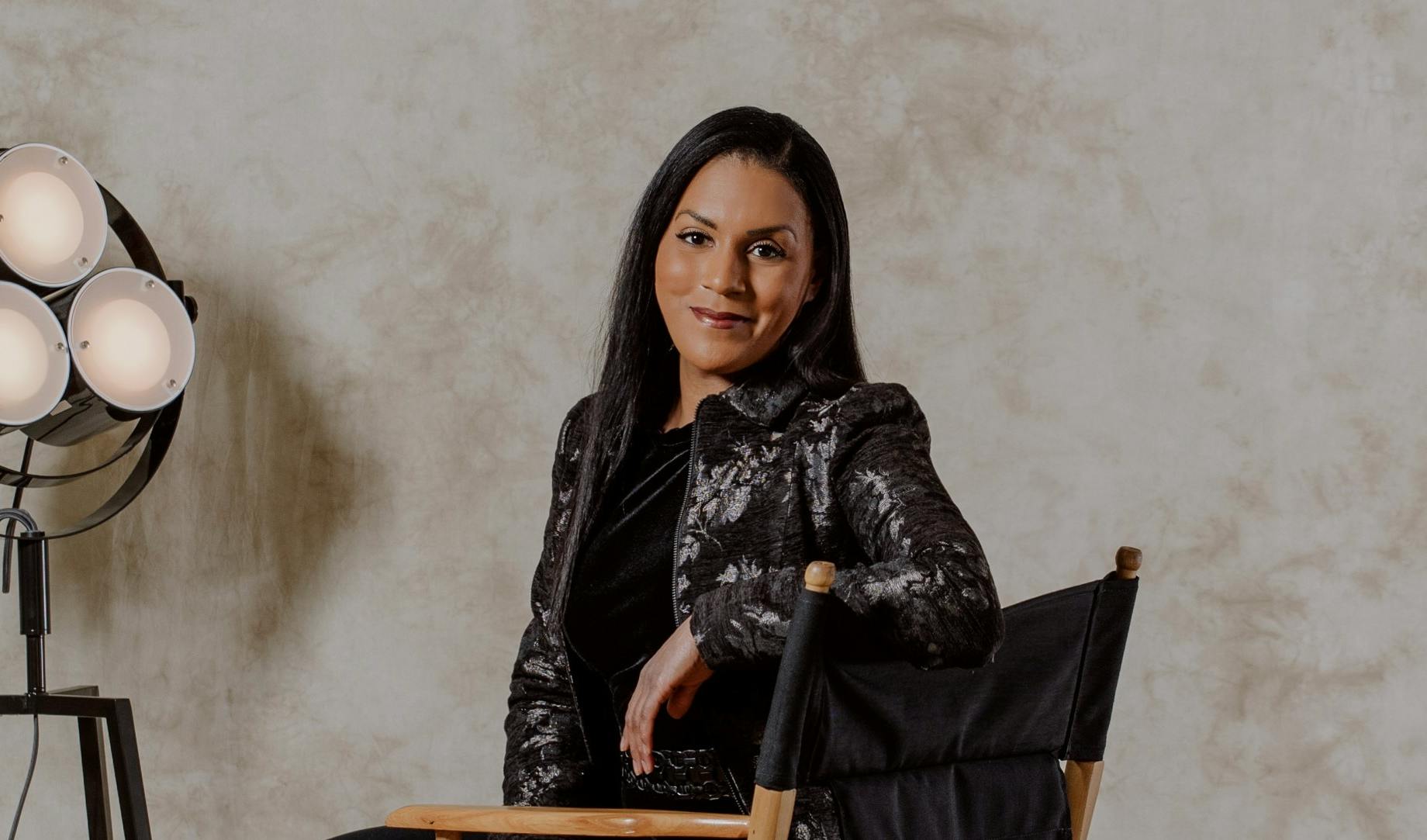
How to sit on a third sector board | Former McKinsey Director, Johanna Waterous in conversation with Susan Boster, MD of Boster Group Ltd
Johanna Waterous former McKinsey & Co Director, Chairman of Kew Patrons and Trustee of the Courtauld Institute shares her insights on how to sit on a third sector board.
Johanna Waterous has been a Chairman, Independent and Non-Executive Director of a wide range of public company boards, private family and private equity-backed companies across the UK, Europe and Canada. She is also an active investor and advisor to a number of start-up consumer businesses and received the CBE for services to business growth. Before embarking on a portfolio career, Johanna spent over 20 years with McKinsey & Company, where she co-led the firm’s Retail and Consumer Marketing Practices.
What boards do you currently sit on and in the past?
Since leaving McKinsey in 2008, I have been a Non-Executive Director, Senior Independent Director and/or Chairman of the Remuneration Committee of several PLC boards, including RSA Insurance, Morrisons supermarkets, Rexam plc and Shoppers Drugmart (in Canada). I have also been Chairman of 2 private equity-backed businesses. I am now a Non-Executive Director or Independent Director of several private businesses, including C. Hoare & Co bank, COFRA Holdings AG, Herbert Smith Freehills LLP and Amenity Healthcare. In the not-for-profit sector, I worked with the Tate for over a decade, latterly as Chairman of Tate Enterprises, and have been a Trustee or Non-Executive Director of the ENO and Royal Botanic Garden, Kew Foundation. I am currently a Director of the Royal Horticultural Society Commercial Board, Chairman of RBG Kew Patrons, and a Governor and Trustee of the Courtauld Institute.
Why did you choose to join the board of a cultural organisation?
I believe in ‘giving back’, and my two great loves in life are all things ‘green’ and the arts, in particular theatre and the visual arts. I was first approached by Nick Serota, then head of the Tate Gallery, in 1993, to help put the business case together for the creation of Tate Modern. That was the beginning of a 13 year association with the Tate, ultimately as Chairman of Tate Enterprises, the commercial arm of the Tate. So it was completely natural for me to continue to look for opportunities to serve on the boards of charitable organisations when I left McKinsey, in the sectors that are closest to my heart.
What are the key differences between your experiences on corporate and third sector boards?
People and money! No charitable organisation, however successful, has the level of resources or capital that are available to well-run commercial enterprises. Attracting talent of the right calibre with relevant experience – prepared to work for less than they can earn in the private sector – is a constant challenge. And for any charitable organisation with ambition, the demands of fundraising for both the ‘core purpose’ activities and capital projects are relentless.
On a more positive note, the other big difference is the degree to which all of the board members and executives - indeed, everyone in the organisation - really cares about the vision and mission of the charity. Otherwise, they just wouldn’t be there.
And, of course, the focus of debate and the board’s agenda are different: in the third sector we don’t spend much time on shareholder expectations or debating the CEO’s bonus. We do spend time on reputation, the funding and risks of major projects, and managing the relationships with government departments and quangos.
What are the key qualities for a good board member in the arts sector?
You don’t have to be an expert but it helps to bring something of relevance to the group: domain knowledge, functional expertise, related business experience – or, at least, a good rolodex. Unlike in the corporate world, third sector board members frequently need to ‘lean in’ outside of board meetings with hands-on support: providing expertise on selected issues; enabling introductions or connections; actively coaching senior execs or helping tackle difficult relationships. But a high tolerance for ambiguity and complexity can also be helpful!
What is the most unexpected lesson from third sector boards that you have used for other boards?
The most obvious one is needing to apply creative, out-of-the-box solutions to the persistent challenge of making things happen with insufficient funds and resources.
At the same time, there is much that third sector boards can learn from the private sector: financial disciplines; the value of fact-based decision making; robust project management; best practices in talent management, and capital investment. And speed! Third sector boards don’t suffer from the relentless drumbeat of earnings updates and business targets – but this can lead to drift and lack of focus.
What is the biggest challenge facing arts/charitable organisations now?
The focus and demands of corporate CSR investment and private giving are changing. This is a highly competitive marketplace and corporate sponsors, foundations, family offices and High Net Worth Individuals all expect more rigour around delivery, demonstrable impact and alignment with their charitable priorities.
At the same time, public attention on the source of funding – and ‘guilt by association’ – means many major institutions are under pressure not to accept funds from many long standing and important corporate sponsors.
Against this background of more restricted funding, boards in the third sector need to confront difficult choices. In the past, many charity boards have allowed ‘scope creep’ in major programmes and ‘initiatives’: too many worthy but competing and low impact initiatives, trying to serve too many audiences. This is increasingly unaffordable.
When have you got it wrong and what lessons learnt?
It’s always about people. Either not moving someone out that you know is blocking change, or hiring someone less capable than desired in order to get a role filled quickly, or putting in a highly qualified person who is wrong for the culture.
These are hard lessons, and apply equally to the private sector.
Advice to someone joining their first third sector board?
- Be passionate about the cause
- Be prepared to put more time in than you’re expecting
- Take the time to get to know the executives and senior managers, not just your fellow board members. You’ll get out what you put in.
Susan Boster is the founder and Managing Director of Boster Group Ltd. an independent marketing consultancy that creates innovative brand partnerships for global corporations and cultural institutions to achieve business and social impact goals. Current and recent clients include BNP Paribas, Montblanc, Insight Investment, Moët Hennessy, AMEX, Gap Inc., Credit Suisse, Bacardi, EY and Disney. Boster Group shapes partnerships on the basis of shared values, untapped assets and complementary capabilities. Distinctly, Boster Group measures return on investment for its clients and is focused on the impact of the creative campaigns it develops. Previously a CMO for News International, Susan is currently on the boards of English National Ballet, Donmar Warehouse, The Representation Project, and serves on the Enterprise Committee at The Design Museum.
Nurole is the global platform changing the way organisations bring the best people on to their boards. Find out how it works for talented people looking for the best board level positions, and for organisations looking to hire the best board level talent.





